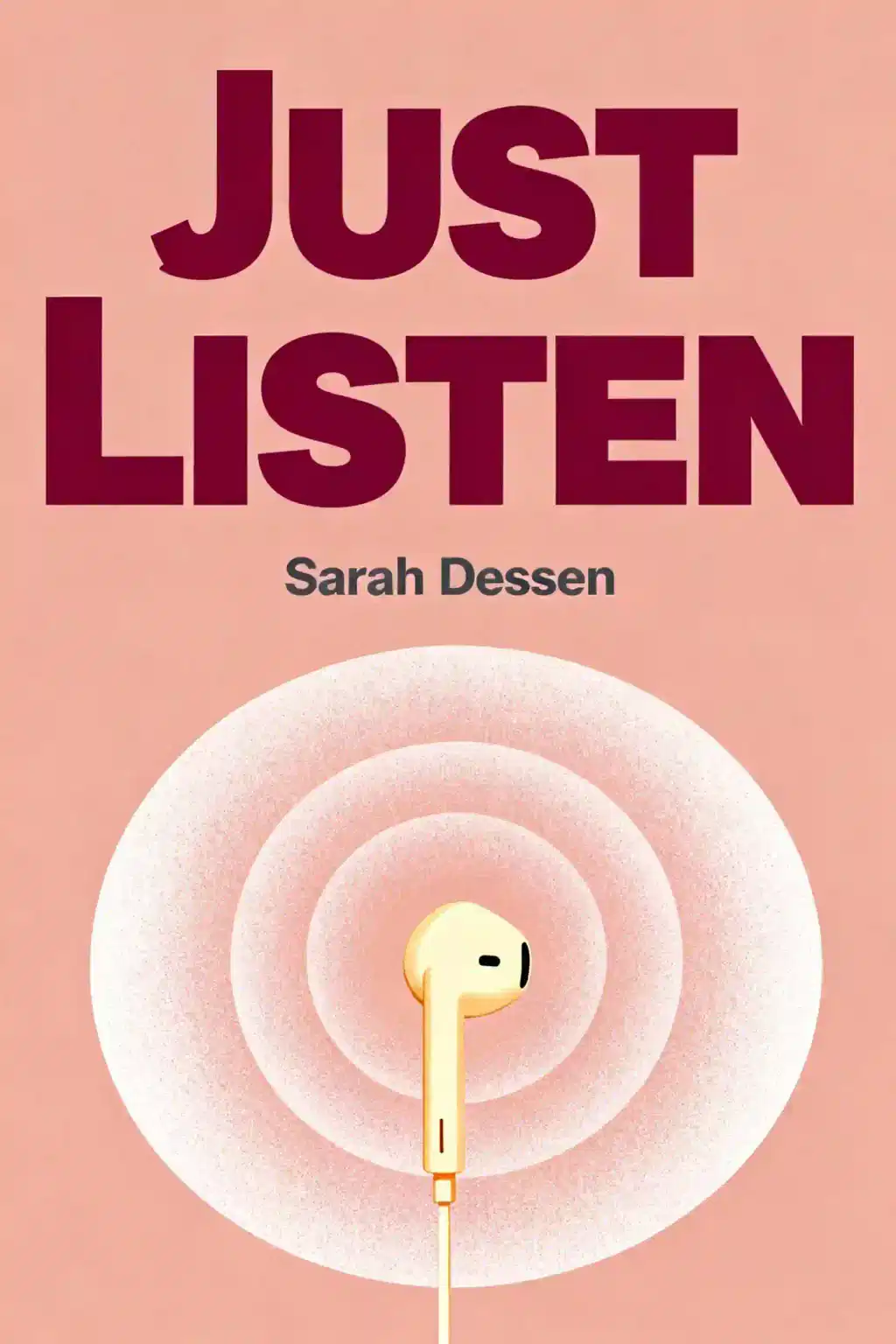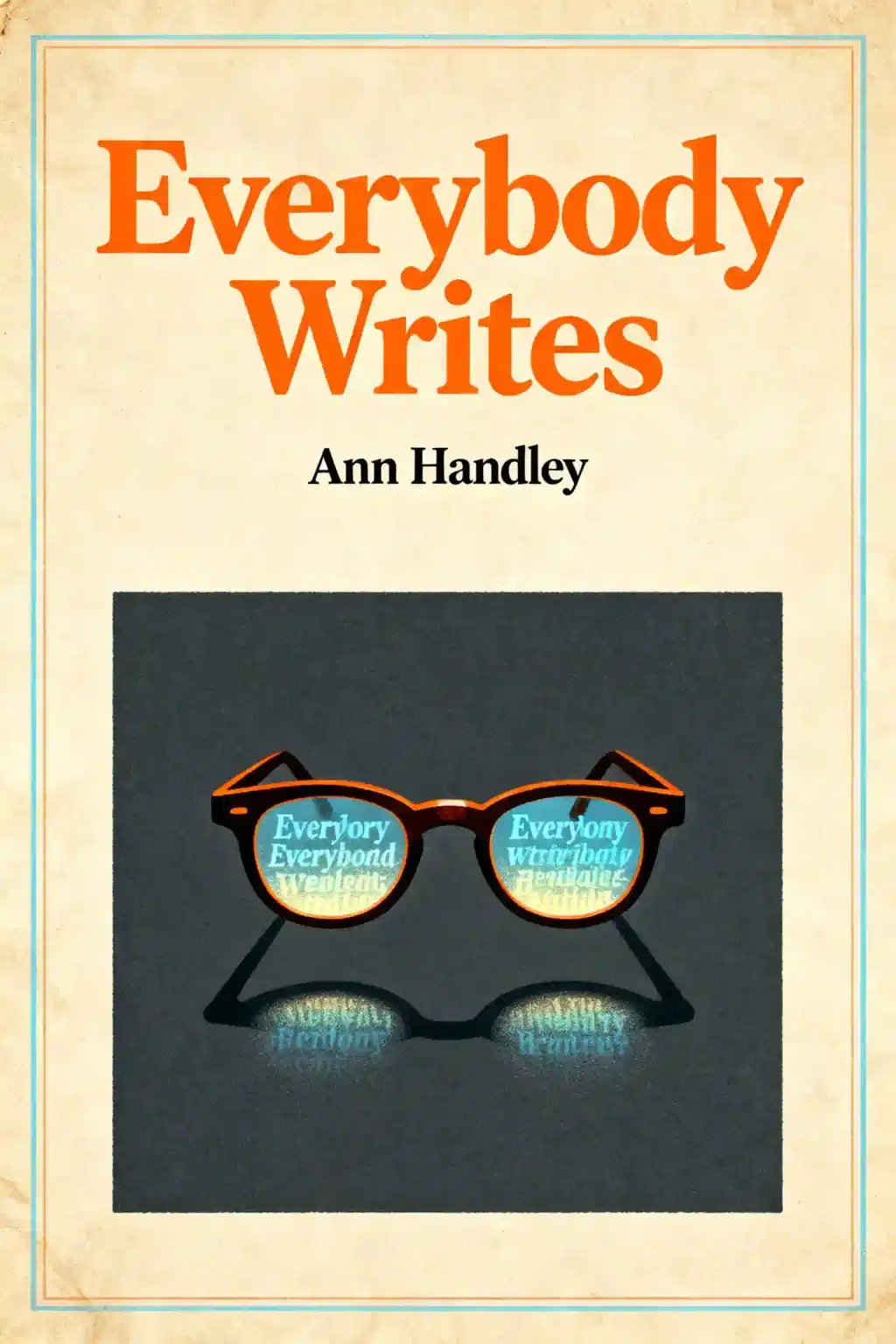What is Just Listen by Sarah Dessen about?
Just Listen by Sarah Dessen follows 16-year-old Annabel Greene, a model whose seemingly perfect life unravels after a traumatic summer incident. After being sexually assaulted by her best friend Sophie's boyfriend Will Cash, Annabel becomes isolated and friendless at school. She meets Owen Armstrong, a music-obsessed loner committed to radical honesty, who helps her find her voice and confront the truth about what happened to her.
Who should read Just Listen by Sarah Dessen?
Just Listen is ideal for young adult readers navigating complex social dynamics, trauma recovery, or family challenges. The book resonates with anyone struggling to find their voice or dealing with peer pressure, body image issues, and the aftermath of assault. While classified as YA fiction, adult readers appreciate Sarah Dessen's nuanced handling of difficult topics like eating disorders, sexual violence, and the courage required for honest communication.
Is Just Listen by Sarah Dessen worth reading?
Just Listen is worth reading for its compassionate exploration of trauma, healing, and self-discovery without being heavy-handed. Sarah Dessen creates deeply realistic characters—particularly Owen Armstrong and Annabel Greene—who handle serious issues like sexual assault and anorexia with authenticity and grace. The novel's emphasis on finding your voice and the power of honest communication makes it both emotionally resonant and empowering for readers seeking meaningful contemporary fiction.
What happened to Annabel Greene at the party in Just Listen?
Annabel Greene was sexually assaulted by Will Cash, her former best friend Sophie's boyfriend, at an end-of-school-year party. Sophie walked in during the assault and mistakenly believed Annabel was voluntarily involved with Will, ending their friendship. This traumatic event left Annabel isolated, unable to speak up about what really happened, and ostracized at school while Sophie actively antagonized her throughout the following school year.
Who is Owen Armstrong in Just Listen by Sarah Dessen?
Owen Armstrong is a tall, brooding loner who becomes Annabel's closest friend and eventual romantic interest in Just Listen. After completing anger management classes, Owen commits himself to brutal honesty and truth-telling. He's intensely passionate about music, hosts a radio show called "Anger Management," and uses music to help Annabel open up. Owen's straightforward nature and encouragement empower Annabel to confront her trauma and testify against her attacker.
What are the main themes in Just Listen by Sarah Dessen?
The main themes in Just Listen include finding your voice, the power of honesty versus silence, and healing from trauma. Sarah Dessen explores how keeping secrets to avoid confrontation can be more damaging than speaking difficult truths. Other significant themes include the complexity of family dynamics, the healing power of music and friendship, navigating toxic friendships and peer pressure, and learning self-acceptance while facing eating disorders and body image struggles.
How does music function as a metaphor in Just Listen?
Music serves as the central metaphor for truth and emotional expression in Just Listen. Owen Armstrong introduces Annabel to diverse musical genres, teaching her to "just listen" without judgment—a practice that mirrors learning to hear and express her own truth. The car wash scene where music sounds better symbolizes how the right environment enables authentic connection. Owen's radio show and carefully curated CDs represent the journey from silence to finding one's authentic voice.
How does Just Listen by Sarah Dessen portray eating disorders?
Just Listen portrays eating disorders through Annabel's older sister Whitney, whose anorexia deeply affects the entire Greene family. Sarah Dessen depicts the disorder's impact realistically—showing Whitney's treatment, the family's tension and concern, and the long recovery process. The novel illustrates how eating disorders overshadow other family members' struggles and emphasizes that recovery requires professional help, family support, and personal commitment to healing through therapy and self-expression.
What is the significance of truth-telling in Just Listen?
Truth-telling is the transformative force in Just Listen that enables Annabel's healing and growth. After anger management, Owen Armstrong commits to radical honesty, which initially intimidates Annabel, who habitually avoids confrontation. Through Owen's influence, Annabel learns that speaking truth—about her assault, her desire to quit modeling, and her feelings—is essential for authenticity and recovery. The novel demonstrates that while truth can be uncomfortable, silence perpetuates harm and prevents genuine connection.
How does the friendship between Annabel and Sophie end in Just Listen?
The friendship between Annabel Greene and Sophie Rawlins deteriorated gradually before completely shattering. Annabel and Clarke were originally best friends until Sophie joined their group and bullied Clarke about her allergies and appearance. When Annabel ditched Clarke for a boy, Clarke stopped speaking to her. The final break occurred when Sophie walked in on Will Cash assaulting Annabel and wrongly assumed Annabel was betraying her, turning Sophie into Annabel's antagonist throughout the school year.
What makes Just Listen different from other Sarah Dessen books?
Just Listen stands out in Sarah Dessen's bibliography for its unflinching examination of sexual assault and the protagonist's journey toward testifying against her rapist. While Dessen typically explores romance and self-discovery, this novel prioritizes healing from trauma and finding one's voice over romantic development. The emphasis on radical honesty, music as therapy, and the courtroom testimony plotline distinguishes it from lighter contemporary YA offerings, making it one of Dessen's more serious and emotionally complex works.
What is the ending of Just Listen by Sarah Dessen?
Just Listen concludes with Annabel finding the courage to testify at Will Cash's trial for sexual assault, supported by Owen Armstrong's encouragement. After the trial, Owen and Annabel reconcile following a misunderstanding that separated them for two months, and they share a kiss, beginning a romantic relationship. Annabel's testimony represents her ultimate triumph in finding her voice, while her sister Whitney makes progress in recovery, and the Greene family begins healing together through honest communication.














